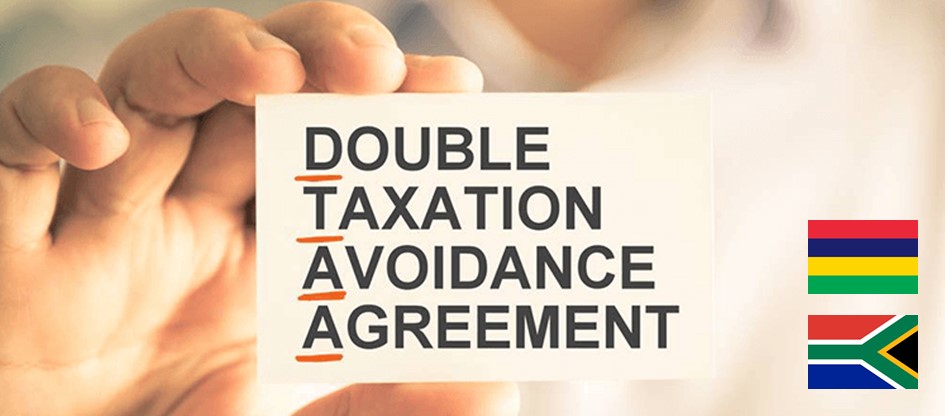Renegotiated double taxation avoidance agreement between the Republic of South Africa (SA) and the Republic of Mauritius (Mauritius)
- Details
- Willy Bashiya Mbayi
- English Blog

Since 1996, The Government of the Republic of South Africa and the Government of the Republic of Mauritius desiring to promote and strengthen the economic relations between the two countries entered into the agreement for the avoidance of double taxation (DTA) and the prevention of fiscal evasion in respect of section 108(2) of the Income Tax Act, 1962 (Act No 58 of 1962), read in conjunction with section 231(4) of the Constitution of the Republic of South Africa, 1996 (Act No 108 of 1996).
This agreement covered income tax (referred to as «Mauritius tax») and normal tax and secondary tax on companies in South Africa. The indication from both tax authorities had proved that the old DTA was abused and led to the erosion of the tax base.
On 17 May 2013, the governments of South Africa (SA) and Mauritius renegotiated the treaty that will take from 01/01/2016. The main change of the new DTA is the introduction of mutual agreement procedure between the authorities of the two countries to determine single residency in case of dual residency. Other major changes are the new withholding tax rates on dividend, interest and royalties.
1. Dual residency
In the event that a company is deemed resident in both countries a Mutual Agreement Procedure (MAP) between the tax authorities of two countries will determine a single residency for legal persons other than individuals using the memorandum of understanding (MOU) signed by South Africa and Mauritius with the following factors:
(a) Where the meetings of the person’s board of directors or equivalent body are usually held;
(b) Where the Chief Executive Officer and other senior executives usually carry on their activities;
(c) Where the senior day-to-day management of the person is carried on;
(d) Where the person’s headquarters are located;
(e) Which country’s laws govern the legal status of the person;
(f) Where the accounting records are kept;
(g) Any other factors listed in paragraph 24.1 [2] of the 2014 OECD Commentary (article 4 paragraph3) as amended by the OECD/BEPS Action 6 final report; and (h) Any such other factors that may be identified and agreed upon by the competent authorities in determining the residency of the person.
2. The new withholding tax rates
The new withholding tax rates on dividend, interest and royalties are as follows
| New rates | Old rates | |
| Dividend | 5% if holding is more than 10%, otherwise 10% | 5% if holding is more than 10%, otherwise 15% |
| Interest | 10% | 0% |
| Royalties | 5% | 0% |
3. Conclusion
This is very unusual tiebreaker will create uncertainty for companies faced with the dual-residence conundrum. They would have to rely on the tax authorities in the two countries to not only reach agreement on this issue, but to do so in an expeditious manner to avoid leaving the taxpayer dangling in mid-air. Nevertheless the MOU attempts at providing some guidelines as to what the tax authorities will take into consideration when determining the residency of a juristic person. Irrespective of these changes in the DTA, the withholding taxes are still lower than those applicable in South Africa and hence Mauritius remains an attractive jurisdiction for routing investments in South Africa.



